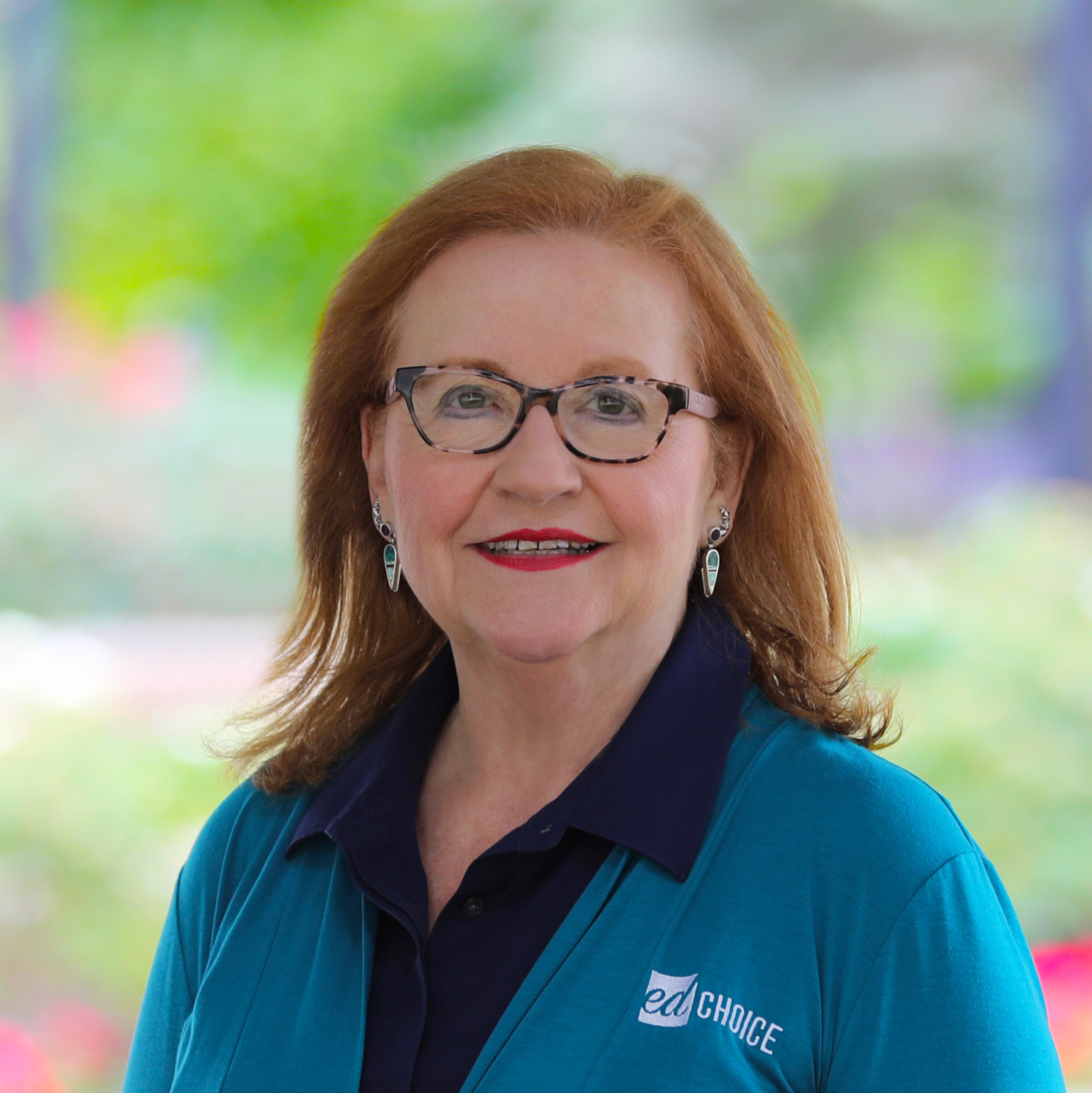BRIEF: School Choice in the States – April 2022
LEGISLATION
Georgia
On April 28, 2022, Georgia Governor Brian Kemp signed HB 517 into law, a bill increasing Georgia’s tax-credit scholarship program’s credit cap from $100 million to $120 million. This may allow for an additional 4,000 students to receive scholarships.
Louisiana
The Louisiana House passed HB 33, a taxpayer-funded per-pupil ESA. Students are eligible if they have an active-duty military parent, have a parent who previously submitted an interdistrict or intradistrict transfer during the most recent transfer period with a request rejection, or are receiving foster care placement. Students must be eligible to enroll in kindergarten or be enrolled in a Louisiana public school in the last academic year.
New Hampshire
The New Hampshire Senate Education Committee by voice vote deemed HB 1298 inexpedient to legislate. This proposal would have expanded the number of eligible students in the state’s tax-credit scholarship program. Currently, students living in households making 300 percent of the federal poverty level or below are eligible. If passed into law, this legislation would have seen that figure increase to 500 percent of the federal poverty level.
Pennsylvania
The Pennsylvania House of Representatives passed HB 2169 by a vote 104-98. This proposal establishes “Lifeline Scholarships” or education savings accounts for students in military households, with individualized education plans, or that reside in “low-achieving” school districts.
LEGAL
South Carolina
On April 19, 2022, the Bishop of Charleston and South Carolina Independent Colleges and Universities filed their appellant brief in the Federal Court of Appeals for the Fourth Circuit, appealing an adverse decision in the South Carolina U.S. District Court. This case challenges the merits of the ruling of South Carolina’s Supreme Court in Adams v. McMaster, 432 S.C. 225 (2020), which disallowed use of federal Covid relief funding for a scholarship program for low-income families to access in-person education at independent and religious K-12 schools and to provide technology upgrades to South Carolina’s historically black colleges and universities. The South Carolina Supreme Court blocked use of federal funds for the scholarship program based on this language from the state’s constitution, article XI, section 4: “[n]o money shall be paid from public funds nor shall the credit of the State or any of its political subdivisions be used for the direct benefit of any religious or other private educational institution.” A reply brief from the state appellees is due May 19, 2022. Oral argument has been requested. Bishop of Charleston v. Adams, U.S. Court of Appeals for the Fourth Circuit, Case No. 22-1175.
West Virginia
There was quite a bit of court activity in the last days of March into the first weeks of April. Here is a listing of what happened:
- March 24. Judge Bloom issued an order setting a full evidentiary hearing on motions for declaratory relief and permanent injunction, motion to intervene, and motion to consolidate (three judges were assigned: Bailey, Bloom, Webster). Date set for the hearing was April 19.
- March 30. Plaintiffs filed a motion for preliminary injunction, to block implementation of West Virginia’s Hope Scholarship until after litigation has concluded.
- April 4. West Virginia’s attorney general filed motions to dismiss for failure to state a claim for which relief can be granted, on behalf of the executive branch and legislative branch officials named as defendants in the suit.
- April 7. Parent-Intervenors filed a motion for a pre-hearing scheduling or status conference to determine the process and expectations for the April 19 hearing.
- April 8. Parent-Intervenors filed a motion for judgment on the pleadings, alleging that, even if all Plaintiffs’ claims against the Hope Scholarship were true, they would still not be entitled to relief under law.
After all this action, the case was reassigned to Judge Maryclaire Akers. The April 19 hearing was cancelled, and a new hearing is expected in early to mid-June. Beaver v. Moore, Circuit Court of Kanawha County, Case No. 22-P-24.






